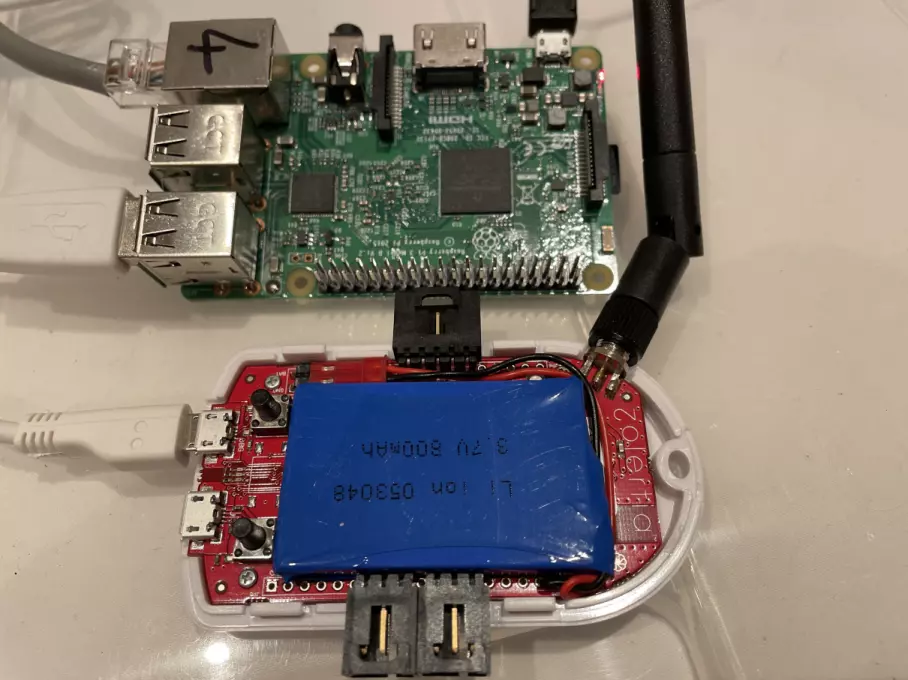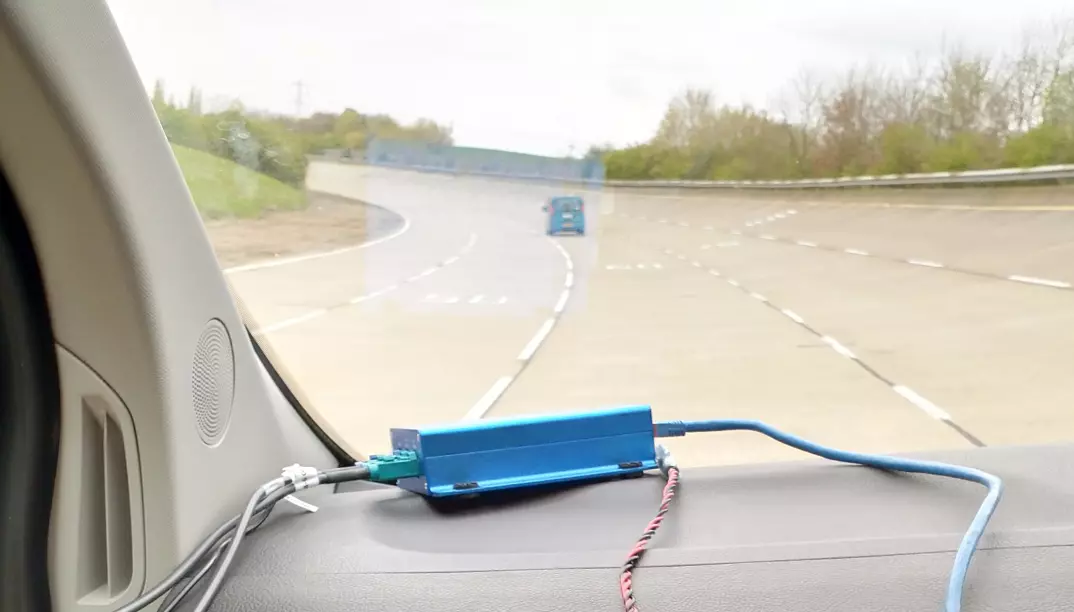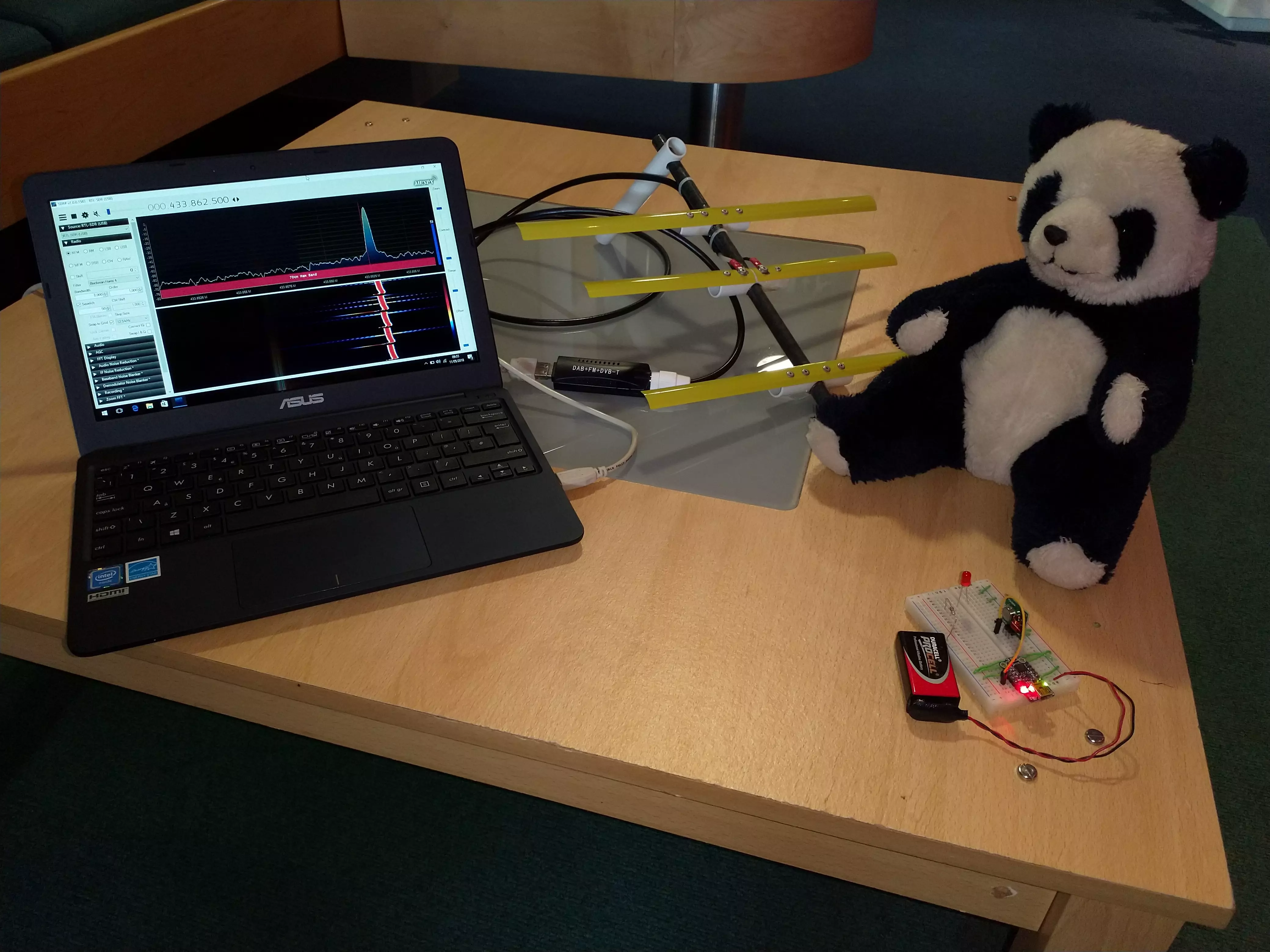Securing Convergent Ultra-large Scale Infrastructures Programme
The SCULI programme will draw on a unique mix of expertise, spanning sociotechnical approaches, theoretical and applied computer science, to transform the way we conceptualise and deliver cyber security in a world with connectivity at unprecedented scale, prevalence of legacy and non-legacy systems, complex technology stacks, complicated supply chains and myriad intersections of humans and technologies.









